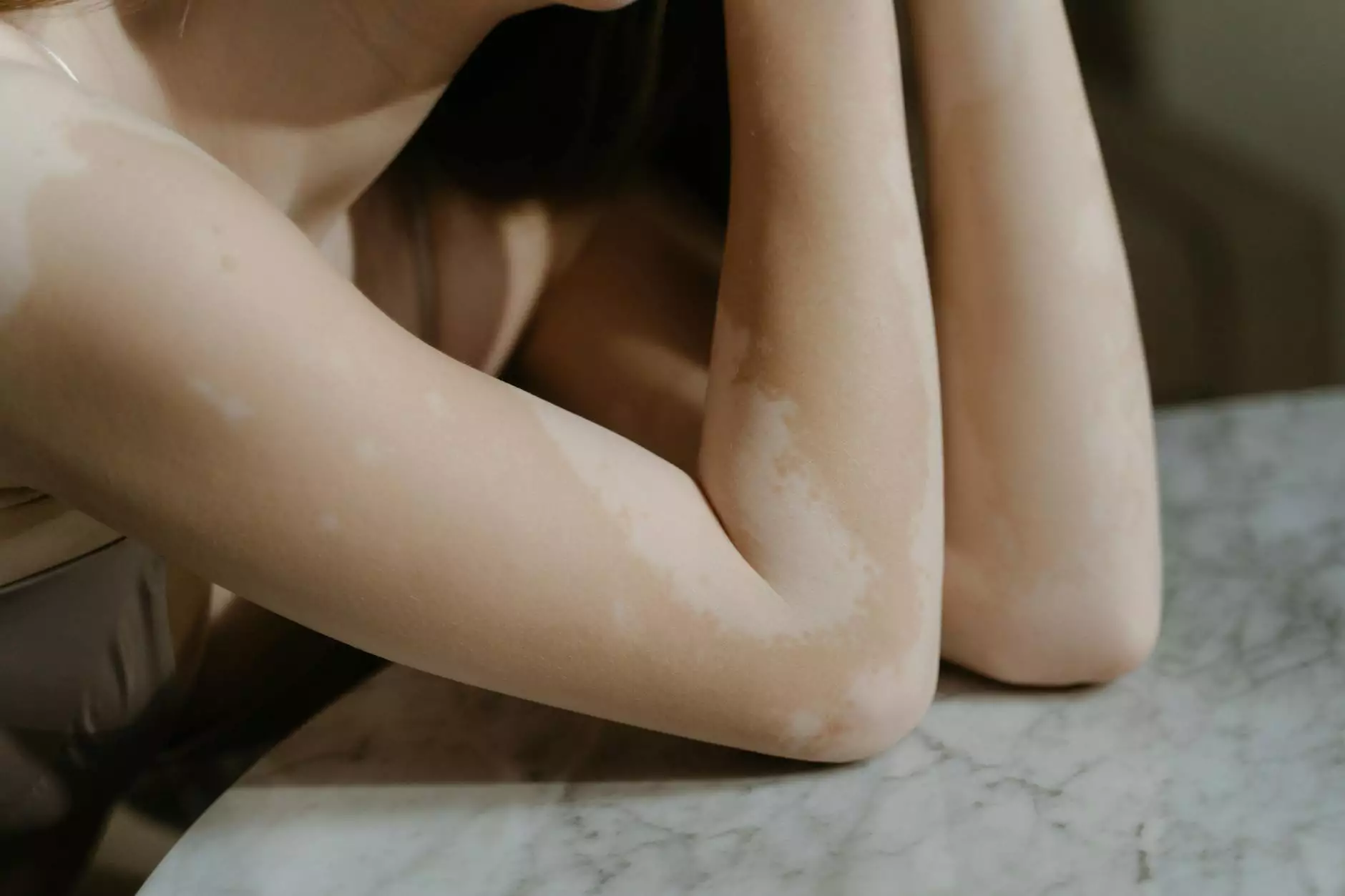Treatment for Foot Corns: Comprehensive Guide

Foot corns are a common foot ailment that many people encounter during their lifetime. While they are generally harmless, they can cause discomfort and pain, making it important to understand effective treatment options. This article will delve into all aspects of corns, including their causes, symptoms, preventive measures, and various treatment methods to help you maintain healthy feet.
What Are Foot Corns?
Foot corns are thick, hardened patches of skin that develop on the feet due to repeated friction or pressure. They are primarily located on the tops and sides of the toes, or on the soles of the feet. These layers of thickened skin protect the underlying tissue from injury but can become painful when they press against the foot or shoe. Understanding treatment for foot corns involves a comprehensive look at why they form and how to effectively manage them.
Causes of Foot Corns
Several factors contribute to the formation of corns:
- Improper Footwear: Wearing ill-fitting shoes, especially those that are too tight or have high heels, can cause pressure on certain areas of the foot.
- Foot Deformities: Conditions such as bunions or hammertoes can lead to increased friction and pressure on the foot.
- High Activity Levels: Engaging in activities that put stress on the feet such as running or standing for long periods can exacerbate corn formation.
- Limited Foot Care: Neglecting proper foot hygiene and care can lead to rough skin and increased likelihood of corns.
Symptoms of Foot Corns
Identifying foot corns is generally straightforward due to their distinct characteristics. Symptoms include:
- Thickened Skin: A hard, raised area on the foot that feels dry and waxy.
- Pain and Discomfort: Tenderness or pain when touching the affected area, especially when wearing shoes.
- Inflammation: In some cases, the skin surrounding the corn may appear red and swollen.
Preventing Foot Corns
Prevention is key when it comes to managing corns. Here are some effective strategies:
- Choose Proper Footwear: Select shoes that fit well, providing sufficient room for your toes and avoiding materials that cause friction.
- Use Protective Pads: Applying corn pads or cushions can relieve pressure and protect corns from further irritation.
- Maintain Foot Hygiene: Regularly wash and moisturize your feet to prevent dry skin and facilitate soft skin.
- Consult a Podiatrist: Regular foot checkups can identify potential issues before they develop into more serious problems.
Treatment Options for Foot Corns
When it comes to treating corns, a variety of options are available:
Home Remedies
For mild cases, home treatments can be sufficient:
- Soaking: Soak your feet in warm water for about 10-15 minutes to soften the corn, followed by gentle exfoliation with a pumice stone.
- Moisturization: Apply a thick moisturizer on your feet, especially focusing on the areas where corns occur, to keep the skin supple.
- Over-the-Counter Treatments: Salicylic acid pads or treatments can help dissolve corns over time.
Professional Treatment
If corns persist or become painful, it may be time to seek professional treatment. A podiatrist can:
- Debridement: Carefully trim the corn using sterile techniques to relieve pain and pressure.
- Custom Orthotics: Create shoe inserts that redistribute pressure across the foot and alleviate the cause of corns.
- Address Underlying Conditions: Treat foot deformities or other conditions contributing to corn formation.
When to See a Podiatrist
It is crucial to consult a podiatrist if you experience:
- Severe Pain: If the pain from a corn interferes with your daily activities.
- Signs of Infection: Such as increased redness, pus, or fever.
- Persistent Corns: If corns recur despite home treatment and preventive measures.
Conclusion
Foot corns are not merely a cosmetic issue; they can significantly impact your foot health and overall well-being. Understanding the treatment for foot corns is essential for effective management. By employing preventive strategies, utilizing home remedies, and seeking professional help when necessary, you can ensure that your feet remain comfortable and healthy.
Additional Resources
If you are looking for more information or require professional assistance regarding foot corns or other foot conditions, consider visiting The Foot Practice. Our team of experienced podiatrists is dedicated to providing you with personalized care and effective treatment options.









